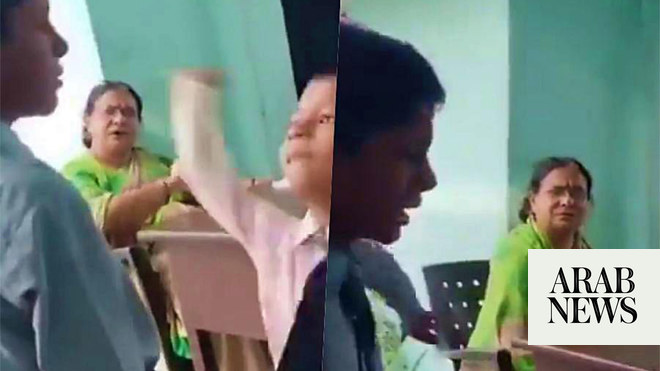
Facebook Inc’s (FB.O) WhatsApp messenger service has responded to a call from India’s government to take "immediate action" to curb the spread of false information and irresponsible statements on its platform, saying such a task required a partnership between the pair as well as with society in general.
India is WhatsApp’s biggest market with over 200 million users. But false information on its app this year has contributed toward the triggering of deadly mob attacks in the country.
At least 20 people have been killed in mostly rural villages in several Indian states in attacks by mobs that had been inflamed by social media. Victims were accused in the viral messages of belonging to gangs trying to abduct children. The brutal attacks, which began in early May, have also left dozens of people injured.
Although Indian authorities have clarified that there was no truth to the rumors and that the targeted people were innocent, the deadly and brutal attacks, often captured on cellphones and shared on social media, have spread across the country.
Indias ministry of electronics and information technology said in a statement late Tuesday that the lynchings were tied to "irresponsible and explosive messages" circulated on WhatsApp. It wasnt specific on the preventative measures it expected to be taken by WhatsApp, which is owned by Facebook.
"While the law and order machinery is taking steps to apprehend the culprits, the abuse of platforms like WhatsApp for repeated circulation of such provocative content are equally a matter of deep concern," the ministry said.
It said WhatsApp "cannot evade accountability and responsibility."
"The government has also conveyed in no uncertain terms that WhatsApp must take immediate action to end this menace and ensure that their platform is not used for such malafide activities," the statement said. "Deep disapproval of such developments has been conveyed to the senior management of the WhatsApp and they have been advised that necessary remedial measures should be taken to prevent proliferation of these fake and at times motivated/sensational messages."
WhatsApp said in a blog post that it would institute awards for research on "spread of misinformation" on its platform.
"We will seriously consider proposals from any social science and technological perspective that propose projects that enrich our understanding of the problem of misinformation on WhatsApp," the post said.
The Indian Express, an English-language daily newspaper, quoted a WhatsApp official as saying, "The situation is a public health problem which will require solutions from outside the company as well, including the government."
The official said that the "responsibility is beyond any one technology company" and "requires partners," according to the paper.
"I think its up to the Indian government to decide what is the right mechanism to address the spate of killing that is occurring. It is going to have to be a collaboration," the official said.
Internet policy experts say WhatsApp doesnt have legal accountability and cannot be held liable for the way people use it. "But the platform is responsible for enabling anonymous sending forwards," said Nikhil Pahwa, a digital rights activist and founder of a portal that covers technology and social media policy in India.
Pahwa said its impossible for WhatsApp to track and assess billions of messages being sent each day using its platform.
In a related development, the Supreme Court of India said on Tuesday that mob lynching is a crime regardless of the motive. It further stressed that states are under obligation to prevent lynchings and mob violence, saying that such incidents cannot happen by the remotest chance.
“This is a law and order issue and each state has to be responsible. These kinds of incidents cannot occur. It cannot be accepted in remotest sense. It is the obligation of the states to ensure that such incidents do not occur,” a bench of Chief Justice Dipak Misra and Justices A.M. Khanwilkar and D.Y. Chandrachud said.
The court was reacting to the contempt petition filed by activist Tushar Gandhi, great-grandson of the father of the Indian nation Mahatma Gandhi.
“Whether a lynching happens as a result of cow vigilantism or because people believe someone is a child abductor, it does not matter — lynching is a crime, period,” the court said.











